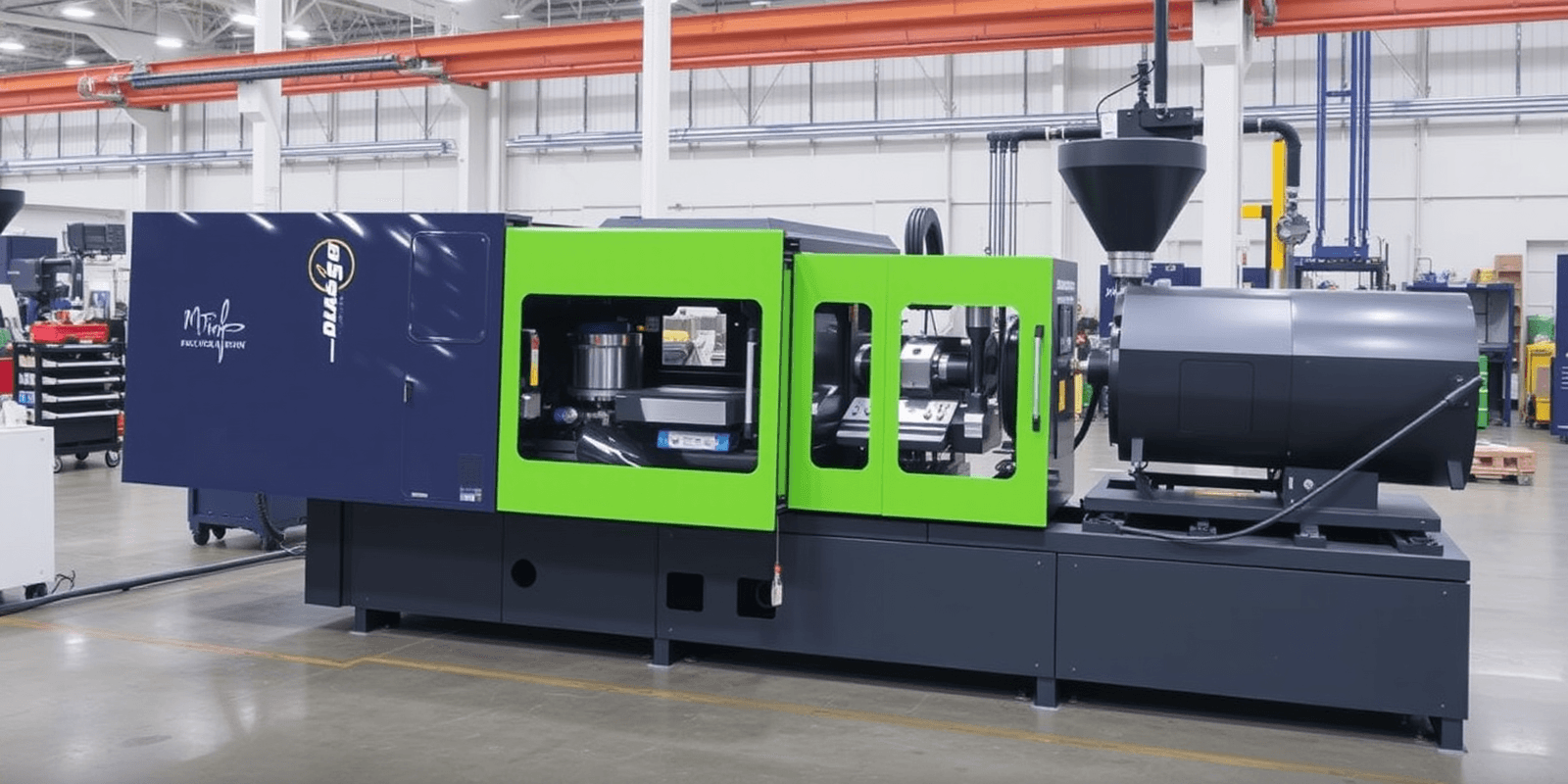Physical Address
304 North Cardinal St.
Dorchester Center, MA 02124
Physical Address
304 North Cardinal St.
Dorchester Center, MA 02124

“`html
In today’s competitive manufacturing landscape, maximizing productivity is crucial for success. One key area that can significantly impact productivity is the maintenance of plastic molding machines. Proper maintenance ensures these machines operate at peak efficiency, reducing downtime and enhancing overall production quality. This article explores the benefits of an effective maintenance strategy for plastic molding machines, focusing on predictive maintenance techniques, the role of advanced monitoring systems, and the integration of maintenance tasks into daily production schedules.
Effective maintenance strategies are essential for maintaining the operational efficiency of plastic molding machines. Regular maintenance helps prevent unexpected breakdowns, which can lead to costly downtime and delays in production schedules. By implementing a well-planned maintenance program, manufacturers can ensure that their machines are always ready to meet production demands.
Predictive maintenance is a proactive approach that uses data analytics and machine learning algorithms to predict when equipment will require maintenance. Unlike traditional reactive or preventive maintenance, predictive maintenance aims to identify potential issues before they become critical failures. For example, sensors can monitor temperature, vibration, and other parameters to detect early signs of wear and tear. Companies like Siemens have successfully implemented predictive maintenance systems, leading to significant reductions in unplanned downtime and increased machine uptime.
Advanced monitoring systems play a vital role in maintaining plastic molding machines. These systems continuously track machine performance and provide real-time data to operators and maintenance teams. With this information, technicians can quickly diagnose problems and take corrective actions before they escalate. For instance, GEA, a global leader in process technology, offers advanced monitoring solutions that help manufacturers optimize their production processes and reduce maintenance costs.
To maximize productivity, it is essential to integrate maintenance tasks seamlessly into daily production schedules. This approach ensures that maintenance activities do not disrupt the production flow while still allowing for regular checks and minor repairs. Companies such as Honeywell have adopted integrated maintenance programs that align maintenance tasks with production cycles, resulting in smoother operations and higher output levels.
Several companies have demonstrated significant improvements in their operations through better machine care. For example, a leading automotive parts manufacturer in Germany implemented a comprehensive maintenance program that included predictive maintenance techniques and advanced monitoring systems. As a result, they reduced their maintenance costs by 20% and increased machine uptime by 15%. Another case study involves a plastics company in the United States that integrated maintenance tasks into their daily production schedules. This integration led to a 10% increase in production capacity and a 12% reduction in energy consumption.
Efficient maintenance of plastic molding machines is crucial for maximizing productivity and ensuring long-term operational success. By adopting predictive maintenance techniques, leveraging advanced monitoring systems, and integrating maintenance tasks into daily production schedules, manufacturers can significantly improve their machine care practices. Real-world examples from industry leaders demonstrate the tangible benefits of these approaches, including reduced downtime, lower maintenance costs, and enhanced production efficiency.
“`